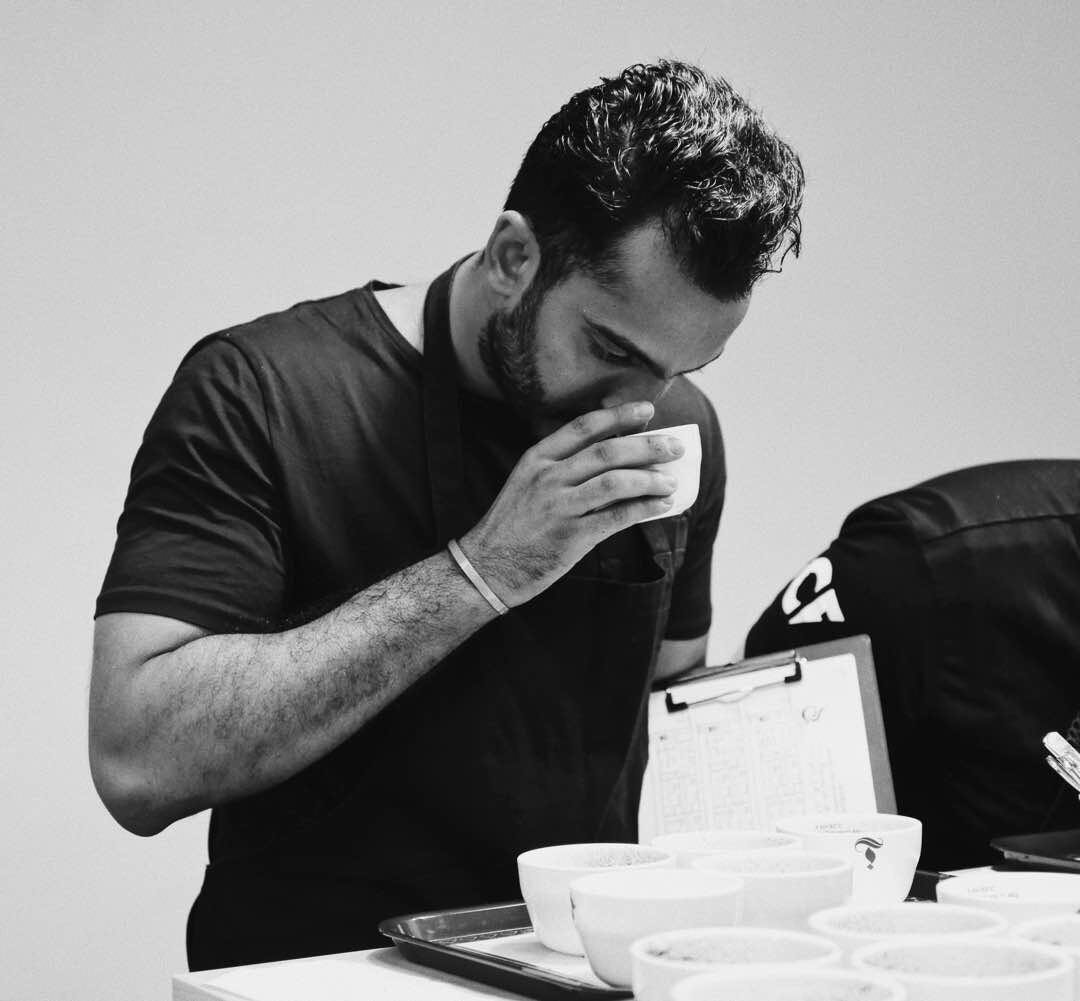In the coffee industry,
people are throwing around the word “sustainability.”
But what does that even mean?
What does it mean to be sustainable, and how do we know
pursue it as coffee professionals?
People should take time to sort out these answers, but instead, they just jump to action by trying to cut down on waste by using less paper cups, or putting a tax on paper cups,planting a tree once a year to feel good about yourself, or posting pictures of random farmers you don’t know on your wall to show how much you support the coffee chain.
I am not against any of that, but if we don’t actually understand sustainability, then we will miss the point. If the sustainability of the Earth is something you actually care about, then you can’t afford to not know.
In 2015, the UN released 17 “Sustainable Development Goals” that the world should try to achieve by the year 2030:
Some may be surprised to find that these sustainable goals don’t have to do only with environment. Sustainability intersects with the world on three levels: environmental, social, and economic.
If something is good for the environment but bad for my business, then eventually I run out of food and then my life isn’t sustainable.
As a citizen of the planet Earth and as a coffee professional it is my job to live these out in my life and business practices.
“yea yea, that sounds nice, but I just do coffee so I can look sexy”
What if there existed a system that taught sustainability of each link in the coffee chain as well as the skills necessary to live your narcissistic life?
I am pleased to say that I have the opportunity to work with an organization called Sustainable Coffee Institute (SCI).
SCI teaches sustainability as well as courses that teach skills and information rooted in science, allowing the students to innovate, grow, and develop. SCI has 10 different modules of classes, all of which focus on a sustainable world through environmental, social, and financial practices.
SCI has given me the chance to learn about sustainability, and now the chance to teach about it. Teaching how to make delicious coffee or pour sexy latte art is fun, but if lives aren’t effected and sustained, then all we are really doing is stroking egos.
Being an SCI instructor has helped me understand sustainability, education, and business better.
Many organizations talk about being sustainable, but SCI seeks out practical ways to to do this by partnering with origin countries, researching new practices and updating curriculum, and pushing ourselves to learn more and teach more sustainable processes.
Don’t just take my word for it, check out what Zhang HeHe has to say about it! Zhang Hehe is an AST, roaster, barista, and now an SCI instructor.
“SCI uses a system that is different from the others to link the coffee farmers at the beginning of the chain with the end consumer.
This greatly reduces the middle link in the coffee trade, increasing the input from coffee farmers, as well as increasing the experience of coffee consumers, allowing the entire coffee industry to become healthier.
(Zhang lei)
“In SCI, more attention is paid to every link in the coffee industry chain, from the nursery to the barista and the roaster. SCI can truly cultivate coffee experts.
“I hope that through our work together, we can make a better and better life; to make the whole coffee industry healthier.” -Zhang He He














